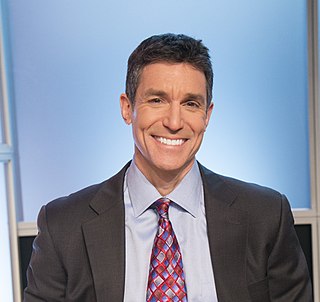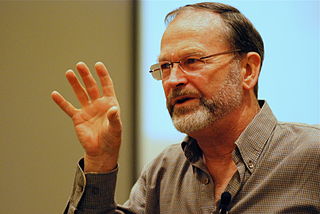A Quote by Charles Eisenstein
Contemporaneous with the financial crisis we have an ecological crisis and a health crisis. They are intimately interlinked. We cannot convert much more of the earth into money, or much more of our health into money, before the basis of life itself is threatened.
Related Quotes
People look at the future and see a black hole. They look at climate change and see an ecological crisis. They look at their leaders corrupted by money and see a political crisis. They wonder if they'll ever be able to pay off their student loan or own a house. Given this ecological, political and financial crisis, what they want is a different future. Their fundamental demand is a different regime to provide that future.

































